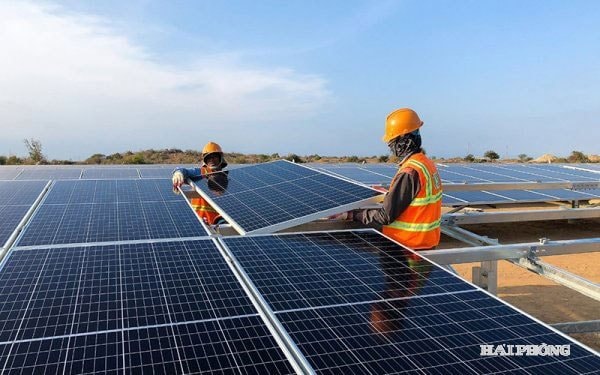
Reporters of Hai Phong Newspaper, Radio and Television had an interview with lawyer NGUYEN THI MAI, President of Hai Phong City Lawyers Association to clarify the legal framework and practical application in the locality.
- How is the legal framework regulating rooftop solar power activities in Vietnam currently changing? What should people and businesses pay attention to?
- Recently, the legal system regulating solar power activities, especially rooftop solar power, has undergone significant changes. Notably, Decree No. 58/2025/ND-CP dated March 3, 2025, detailing the implementation of a number of articles of the Electricity Law on the development of renewable energy and new energy power. This is a replacement for Decree 135/2024/ND-CP, which previously regulated rooftop solar power installation activities in the direction of encouraging self-consumption installation.
Decree 58 has many new points, including requiring self-producing and self-consuming rooftop solar power systems to register or notify the authorities to ensure transparency, system safety and convenience in grid dispatching.
In fact, in recent years, rooftop solar power has developed very rapidly due to the State's incentive mechanisms. However, this reality also entails risks in technical safety, power quality and the risk of grid overload if there is a lack of management.
At the seminar "Why is it mandatory to register for rooftop solar power?" held in Hanoi on September 18, Mr. Nguyen Quoc Dung, Head of Business Department, Vietnam Electricity Group (EVN) shared: Although there are about 1,300 MWp (Megawatt peak - a unit of measurement of the maximum capacity of a solar photovoltaic system in ideal conditions) of rooftop solar power installed after 2020, very few systems have been reported to EVN by people and businesses. This leads to inaccuracies in load forecasting, which can cause an imbalance between source and load, especially at times when solar power is not generated (at night, cloudy).
Mr. Nguyen Ba Hoai, National Electricity System and Market Operator (NSMO) and Mr. Le Viet Cuong, Deputy Director of the Institute of Energy ( Ministry of Industry and Trade ) also emphasized the importance of fully updating rooftop solar power system data to ensure effective operation, planning and policy regulation. Therefore, Decree 58 not only sets out technical requirements but also establishes a transparent management mechanism, supporting stable and safe operation of the power system. At the same time, this document also sets certain limits to ensure grid safety and balance supply and demand. Another notable point is that the decree encourages the installation of power systems with storage batteries, allowing priority mobilization during peak hours. This is a direction in line with the current trend of sustainable energy use.
- From a legal perspective, what legal risks do you think people or businesses may encounter when investing in rooftop solar power?
- Some legal risks may arise if individuals or organizations do not comply with the correct procedures as prescribed by law. For example, installing and connecting a solar power system without notifying or signing a power purchase contract with the power company may be considered a violation of electricity management regulations, leading to administrative sanctions.
In addition, failure to comply with safety technical standards, such as reverse current protection, lightning protection, or failure to take isolation measures during grid power outages, can endanger the system itself and affect the regional power grid.
Another risk is that the electricity price policy and the electricity trading mechanism may change from time to time. This makes it difficult for investors to calculate long-term financial efficiency if they do not closely monitor the legal situation. Therefore, I recommend that before investing, people and businesses should consult full legal and technical advice, and work directly with the local electricity unit to ensure transparency and compliance with regulations.
- As the President of the Hai Phong Bar Association, can you share the current practice of rooftop solar power deployment in the locality?
- Hai Phong is one of the localities with great potential to develop rooftop solar power, especially in industrial parks, factories and enterprises with large roof areas and high electricity demand.
In Hai Phong, rooftop solar power is being strongly promoted to develop clean and sustainable energy sources. The city has nearly 400 customers, including households and businesses, installing rooftop solar power systems with a total capacity of nearly 2,000 kW. The price of each solar panel ranges from 300,000 to 4 million VND depending on the type and capacity; the cost of installing a system from 4 kWp to more than 10 kWp can range from 50 million to 200 million VND, depending on the scale and electricity demand.
Hai Phong also plans to develop solar power in many industrial parks such as VSIP, Nam Cau Kien and Dinh Vu with a total capacity of up to tens of MW. The city government is coordinating with the electricity industry to support people in connecting and installing the system, aiming to increase the proportion of renewable energy to 5% by 2030. This is an important step in the local energy transition and environmental protection strategy.
- In your opinion, what solutions are needed to improve the legal framework and create more favorable conditions for rooftop solar power to develop in Hai Phong?
- It is necessary to continue reviewing and perfecting the relevant legal system to create a stable and consistent legal corridor, avoiding sudden policy changes that cause confusion for investors. At the same time, there should be specific financial support policies such as credit incentives and tax exemptions for people and businesses investing in solar power systems.
On the local side, it is necessary to step up propaganda work, provide specific guidance on legal procedures for connecting and buying and selling electricity; build a public database on the ability to receive solar power in each area so that people have full information before investing. In addition, there should be a pilot model in some wards, communes or industrial zones, in which local authorities and electricity units synchronously deploy from legal, technical to financial to create a good precedent, from there replicated throughout the city, contributing to making Hai Phong a leading locality in using clean energy and sustainable development.
Thank you very much.
THU HANG (performed)Source: https://baohaiphong.vn/tuan-thu-quy-dinh-phap-luat-khi-lap-dat-dien-mat-troi-mai-nha-523458.html



![[Photo] Dan Mountain Ginseng, a precious gift from nature to Kinh Bac land](/_next/image?url=https%3A%2F%2Fvphoto.vietnam.vn%2Fthumb%2F1200x675%2Fvietnam%2Fresource%2FIMAGE%2F2025%2F11%2F30%2F1764493588163_ndo_br_anh-longform-jpg.webp&w=3840&q=75)








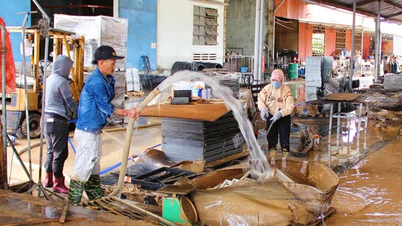




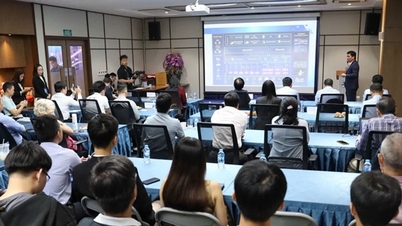

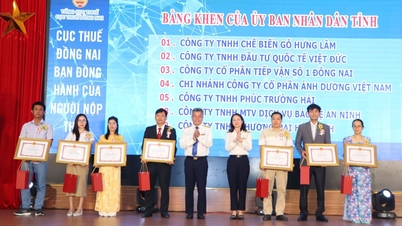





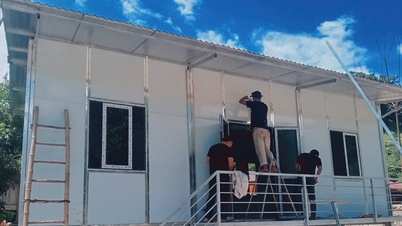






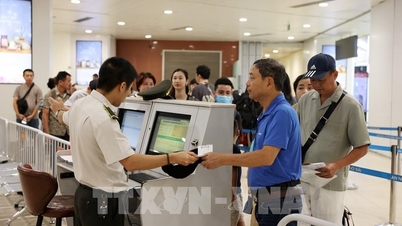

















































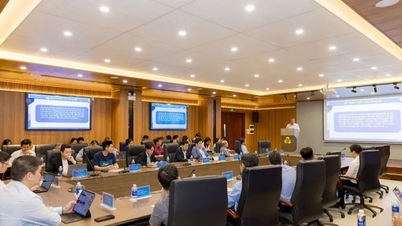

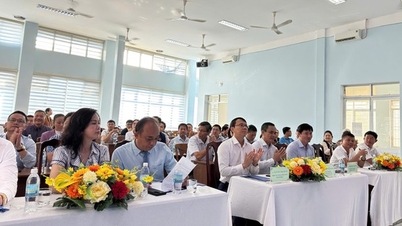
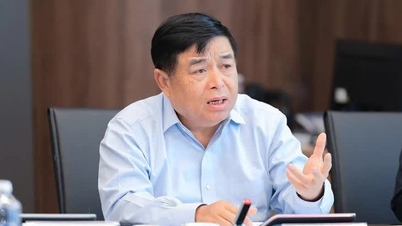
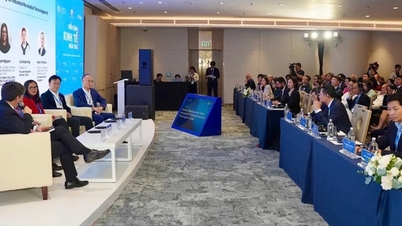
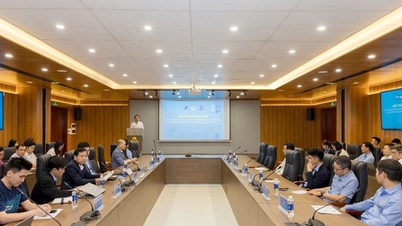

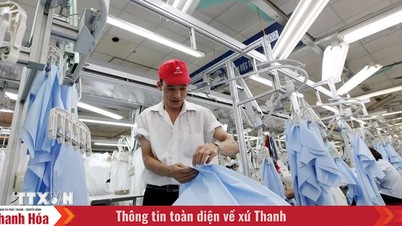



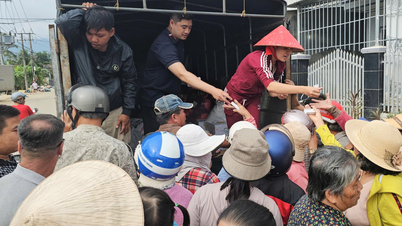

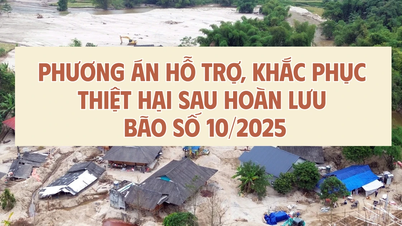













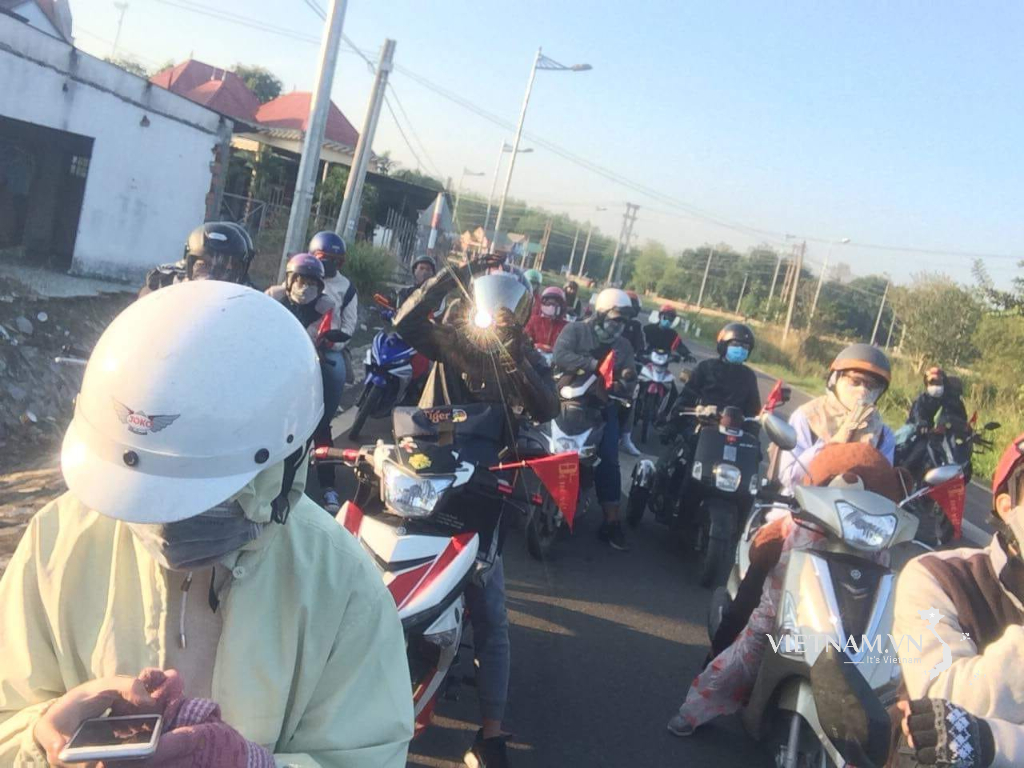


Comment (0)